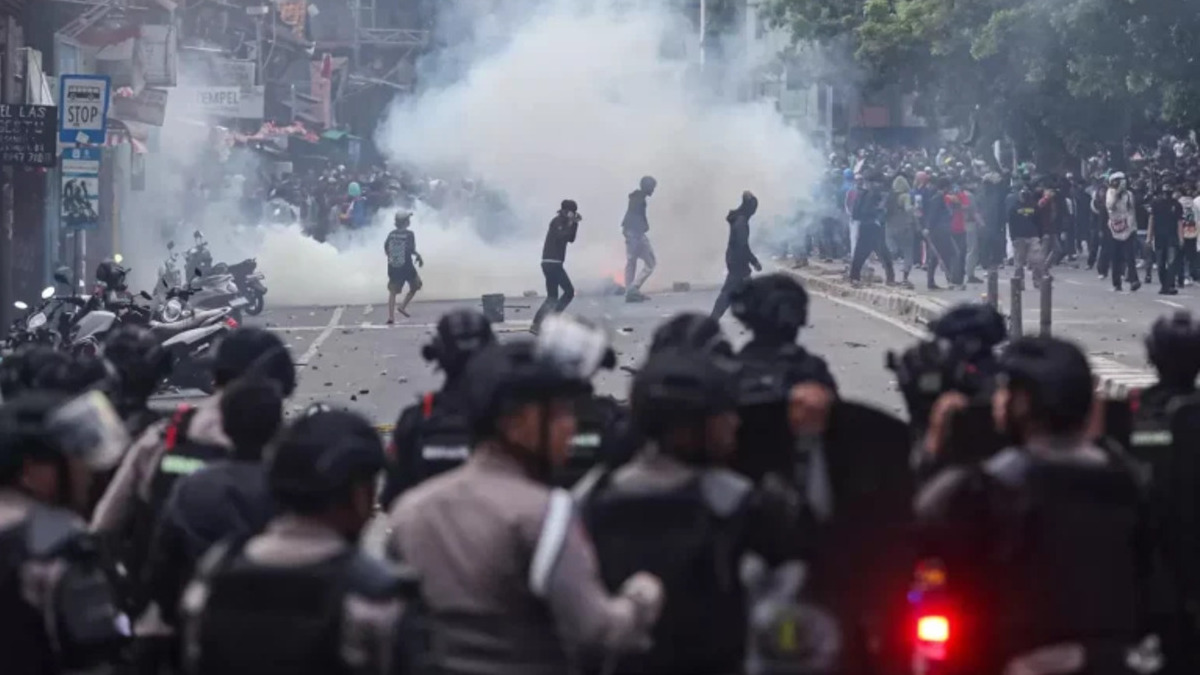Tourist dies and 10 others fall sick in suspected poisoning at Bali hostel
A Chinese tourist died and 10 others were hospitalised after a suspected poisoning at a budget hostel in Canggu, Bali, prompting a full criminal and environmental investigation by Indonesian authorities.

- A 25-year-old Chinese tourist died at a Canggu hostel after severe vomiting and chills, with 10 others hospitalised around the same time.
- Witnesses and victims allege both pesticide exposure from recent fumigation and potential food poisoning.
- Indonesian authorities have launched a full criminal and environmental investigation, and the hostel faces operational restrictions.
A 25-year-old Chinese tourist died at a budget hostel in Canggu, Bali, after a suspected mass poisoning that also sent 10 other guests to hospital, according to Indonesian and international media reports. The incident occurred at Clandestino Hostel, a low-cost accommodation site previously flagged by visitors for bed bug infestations.
The victim, identified as Deqing Zhuoga, fell seriously ill after severe vomiting and chills, reportedly following a communal dinner. According to local media reports, her condition deteriorated rapidly overnight. Indonesian outlet DetikTravel later confirmed that 10 other guests sought hospital treatment at around the same time.
Several witnesses and survivors believe the poisoning may be linked to a combination of pesticide exposure and contaminated food. One witness, Leila Li, who shared a dorm room with the victim, told reporters she spent five days in intensive care after suffering symptoms consistent with toxic exposure. She alleged that a nearby room had been fumigated for bed bugs the night before the illness outbreak.
Local Indonesian media, including iNews and Newsroom Indonesia, carried similar claims from survivors and local residents. These reports highlighted concerns about chemical misuse at the property, with some guests stating they detected strong chemical odours in the corridors.
Health officials later recorded Zhuoga’s official cause of death as acute gastroenteritis leading to hypovolaemic shock. However, authorities have not publicly confirmed whether the illness stemmed from food contamination, pesticide exposure, or another environmental factor.
The first staff member to notice Zhuoga’s condition was the hostel’s receptionist. Security personnel transported her to a nearby clinic, where she received basic care before returning to her room. She was found unresponsive the following morning.
Clandestino Hostel, located in one of Bali’s busiest backpacker areas, has previously been the subject of online complaints regarding hygiene, including reports of bed bug infestations. Some guests claimed the management attempted fumigation, though concerns were raised about safety procedures.
The case quickly gained traction across Indonesian media, prompting residents and tourists alike to call for official action. Radar Surabaya described the event as a “mass poisoning tragedy”, noting that the hostel’s nightly rate of around Rp 150,000 raised questions about health and safety compliance among low-budget accommodations.
Government and police response
Indonesian authorities responded swiftly. The Badung Police launched a criminal investigation into potential negligence, including whether unsafe pesticides were used or improperly applied inside guest rooms. Investigators also examined the communal food served that evening.
The Badung Health Office deployed an environmental hygiene team to inspect the hostel, collect samples, and review its pest-control procedures. Officials took swabs from bedding, ventilation grids, surfaces, and kitchen areas to assess potential chemical and bacterial contamination.
Local government officials told Indonesian media that temporary operational restrictions had been imposed on the hostel, effectively preventing normal business operations while the investigation proceeds.
According to Detik and iNews, authorities stated that administrative sanctions — including licence suspension or permanent closure — may follow if inspectors find violations of Indonesia’s tourism and health regulations.
The Bali Tourism Office has also begun reviewing chemical safety and pest-control practices across low-budget hostels in the Canggu area. Officials emphasised that tourist welfare is a priority for the province and that accommodation providers must meet minimum hygiene standards.
Community leaders in Canggu have urged transparent updates, calling for the government to establish a clearer regulatory framework for pest control in short-term lodging. Local NGOs working on tourist safety called the incident “a wake-up call” for oversight in Bali’s rapidly expanding hostel industry.
How Indonesian authorities are handling the case
Indonesian officials have clarified that the investigation will continue until toxicology, environmental, and food-safety test results confirm the exact source of the poisoning.
The Badung Police are examining potential criminal liability, including failures in hostel management, improper chemical use, and breaches of safety standards. Meanwhile, the Badung Health Office is monitoring hospitalised victims and preparing a full environmental report.
Provincial tourism authorities have committed to expanding routine safety inspections at budget hostels to prevent similar incidents. Sanctions — ranging from fines to permanent closure — will be enforced if negligence is proven.







